15, August 2018
Facebook support’s the next generation of creative talent at The Loeries Awards 2018 0
For the third year running, Facebook (www.Facebook.com) is sponsoring the annual Facebook Challenge as part of the Student Category at The Loerie Awards 2018 – Africa and the Middle East’s premier award that recognises, rewards, inspires and fosters creative excellence in the advertising and brand communication industry. During Loeries Creative Week, Facebook and Instagram will also host a series of workshops, hackathons and activations for the creative community – including advertising students – and a special event for women in marketing.
For this year’s student challenge, Facebook partnered with the International Federation of Red Cross to provide a creative brief on helping to tackle the cholera crisis on the continent. Students from across Middle East and Africa were challenged to create an impactful mobile-first campaign for Facebook and Instagram that educates at-risk communities around preventing the spread of the disease. Facebook’s Creative Shop team also provided ongoing support to students entering the category, tutoring and mentoring them in understanding how to create ‘thumb-stopping’ mobile content that grabbed the users eye.
As part of the competition, the winning team will be crowned ‘the Facebook Challenge Winners of 2018’ and will also be provided with an all-expenses paid trip to Loeries Creative Week to collect their coveted award, at an exclusive ceremony on 17 August. The final campaign will then be featured on Facebook and Instagram.
“Digital plays a huge part in all of our lives, and to make the most of it, creative agencies across Africa need to continue to tap into creative talents that understand building for the digital age, and the needs of the next billion users coming online,” said Nunu Ntshingila, Regional Director at Facebook Africa. “Our partnership with The Loeries for the third year running, reinforces our commitment in nurturing young, creative and diverse talent, who are passionate about creating powerful mobile-first campaigns that resonate with users.”
Last year’s Facebook Challenge winners – Peni Buckton, Lunje Jwambe and Claudia Bester from AAA Advertising School in Cape Town – worked on a campaign for The Nelson Mandela Foundation to tackle gender diversity. Their winning concept, Everyday Armour, saw them create a series of fashion ads encouraging women to buy items such as a ring that can spray pepper, or a pair of high heels that can also be turned into a self-defense weapon, highlighting the fact that women should not be “dressed’ to be ready for assault.
Distributed by APO Group on behalf of Facebook.

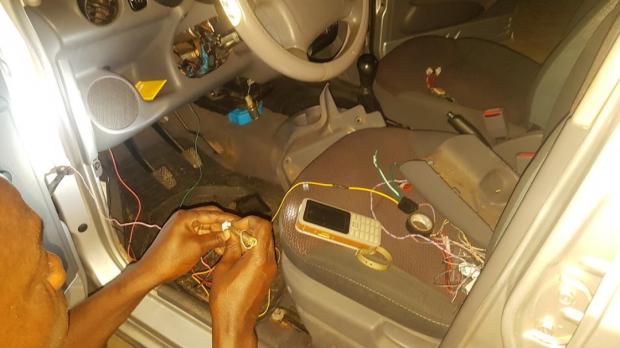


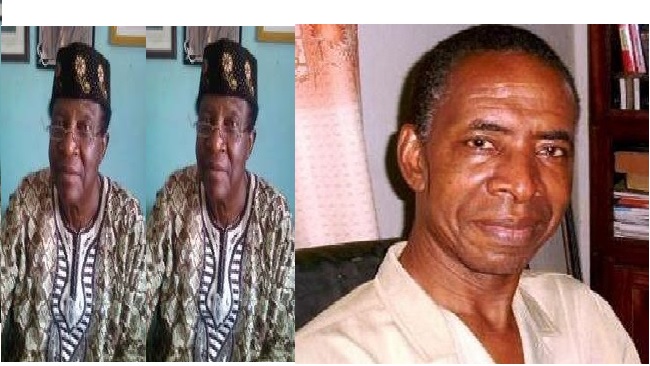
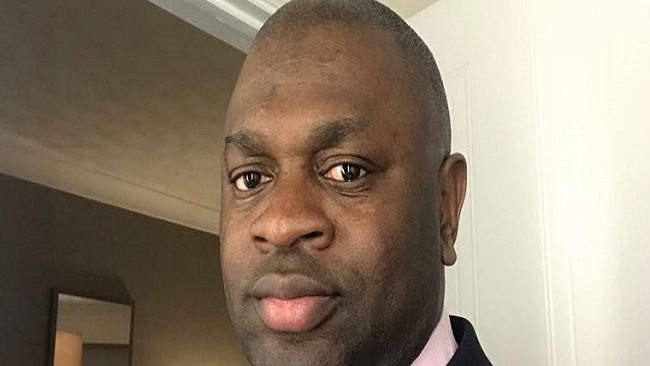
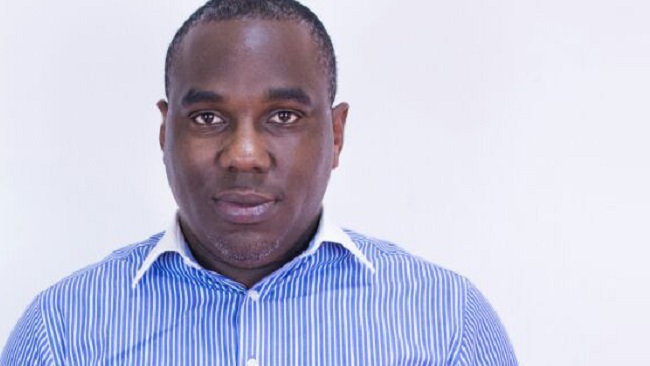
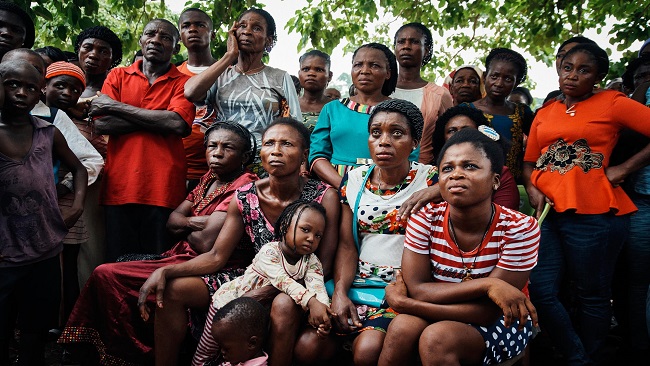

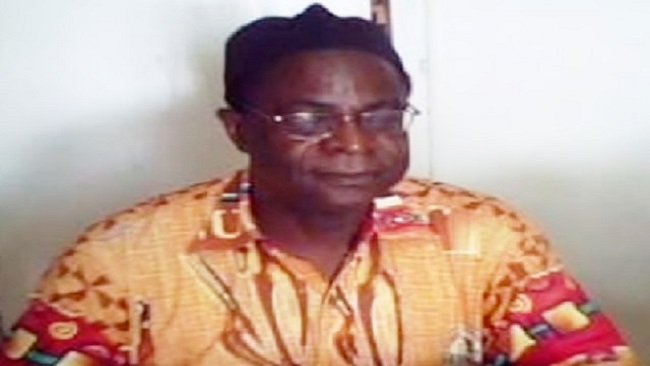


















22, August 2018
Southern Cameroons War: Understanding the school resumption crisis 0
The school boycott adopted in Oct 2016 was a strategy by the Consortium to force the hand of French Cameroun to reverse its policy of assimilation and destruction on the Anglophone Sub System of education. It was a necessary strategy at the time.
However 2 years on, the Apartheid regime of Paul Biya of French Cameroun has no immediate intention to stop or reverse its Apartheid Policy.
The current crisis in Ambazonia is a political crisis-that of Decolonization and Annexation. Which if French Cameroun had good intentions it would have been resolved at the Negotiations Table not in the bushes with the barrel of the gun.
The current war environment makes it very difficult for schools to function normally and effectively. Some whole communities have been deserted. Some destroyed and burnt by Apartheid soldiers of French Cameroun.
And this has not stopped. We have seen some photos of French Cameroun snipers in Ambazonia. This sets the stage for the killings of innocent school children as they attempt to go to school.
Yes it’s very easy to say children should return to school. How do you guarantee the security of these children in the current war environment? This is the subject we should be discussing including the security of children while they attend their daily school routine.
The security of children is not a subject for emotional minds, but a subject for level headed, pragmatic and rational minds. How will children attend schools in Lebialem, Belo, Kupe, Batibo, etc where bullets are constantly flying in the air.
As a parent will you send your child to school in the named LGAs above. That is the challenge we are facing. What about all the villages that have been scorched (As contained in the report by Agbor Balla’s CHRDA – Centre for Human Rights and Development in Africa).
Schools can never resume effectively with bullets flying in the air. Unless there is a cease fire from both sides schools will continuously be disrupted.
I know some will quote Syria, Iraq, and Afghanistan etc. Which also have ongoing wars but yet children are still studying.
So yes schools should carry on, however parents should note the following;
1) The Security risk of sending your child to school each day.
2) The potential of your child being injured or killed while in school or in the process of attending school.
3) The curriculum will only be partially completed due to the disruptive nature of the school environment.
4) Prepare for the trauma which some children will face as a result of the violence that they may experience as result of the war.
These are some of the challenges parents and teachers should brace themselves for.
Both sides – French Cameroun troops and Amba Boys should respect the Geneva Convention as schools should be protected.
But from past and recent experiences we all know who the defaulters of the Geneva Convention are. French Cameroun of course.
My dear Ambazonians, these are the challenges we face as to schools continuity as we continue to fight for the restoration of the autonomy of Southern Cameroons.
By Oswald Tebit